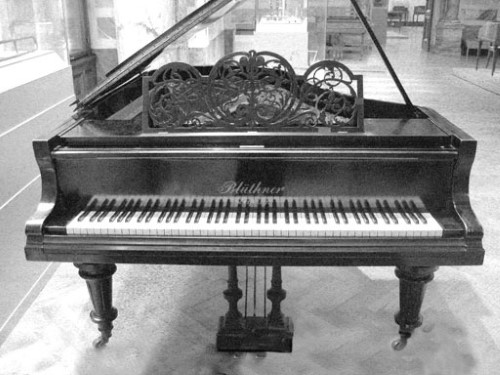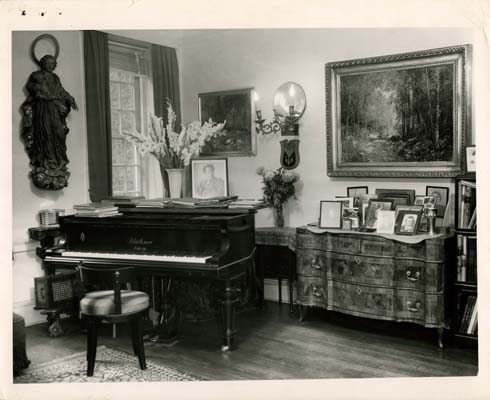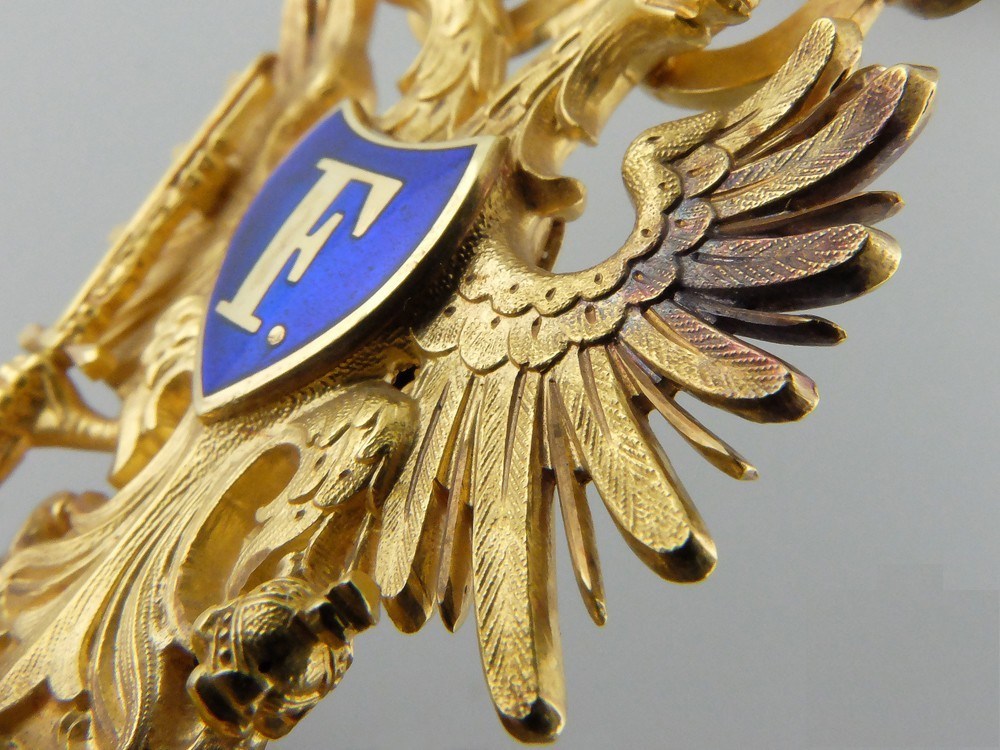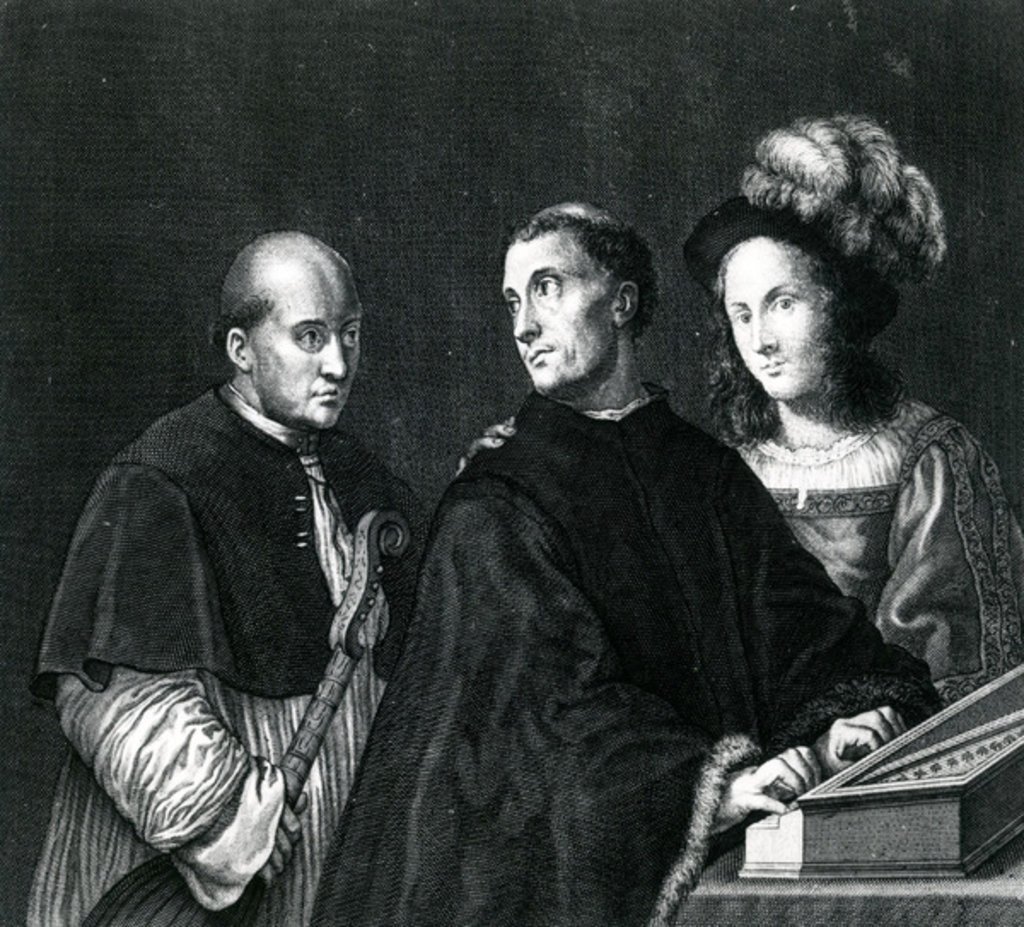Piano of his grandfather Abraham Herrmann (1807-1868). Location: House Abraham Herrmann I (House No. 203). In the loft Gustav found a piano in storage and began to make music.
Vopaterny grand piano. Location: 1860-1872 House Gustav Mahler Jihlava – Znojemska street Nos. 4/1089 (Pirnitzer gasse No. 265). Bought by Bernard Mahler (1827-1889) for his son Gustav Mahler.
Grand piano. Built by Conrad Graf, Vienna, c. 1836. Owned by Gustav Mahler.
Grand piano. Built by Conrad Graf, Vienna, c. 1836. Owned by Gustav Mahler.
Why would there be an interest in a composer’s piano, mass produced and anonymous? It can tell us much about how a composer worked, for example, Mahler’s piano, even though he bought it second-hand, shows how he changed the hammer covers, adding strips of lead to the lower register, so that he could have a more percussive sound. More indicative, however, is that his piano works conform to the restrictions of the instrument. It had a small range of 6 ½ octaves (a modern piano is 7 octaves plus 4 keys (88 keys)) and, despite purchasing a newer piano, all of his piano music falls within the smaller range of his Graf, he wrote with his original piano in his mind.
Despite his successful career, Gustav Mahler was not well off until his marriage to Alma Schindler in 1902. It is not surprising, therefore, that he previously owned a piano which would have been considered very ‘second-hand’ at that time. Alec Cobbe (Cobbe Foundation) bought this instrument in 1993 from Mahler’s granddaughter Marina.
Piano. 1893-1896 Hotel Zum Hollengebirge (Composing cottage). (Boffert, Wien?)
Travel piano. Minimus Malland. Vienna State Opera. Played by Gustav Mahler.

Grand piano. Built by Bluthner (Germany). Owned by Gustav Mahler.
Blüthner are on the big four piano manufacturers and artists who were particularly fond of Blüthner pianos include Willhelm II, Emperor Franz Joseph I, Johannes Brahms, Gustav Mahler, Liberace, Béla Bartók, Claude Debussy, Dodie Smith, Max Reger, Richard Wagner, Johann Strauss, Pyotr Ilyich Tchaikovsky, Dmitri Shostakovich and Sergei Rachmaninoff.
Julies Bluthner created his piano workshop in 1853 with the help of three skilled craftsman. By 1900 Bluthner had become the largest manufacturer of pianos in Germany, producing over 5000 pianos annually. Bluthner created some new mechanics for inside their instruments like Aliquot String, a fourth string that vibrated and was tuned in unison, along with angle cut hammers and the round like soundboard created a unique sound for all Bluthner pianos. Bluthner produced four types of upright pianos the straight-strung, overdamper; the overstrung, overdamper; the straight-strung underdamper & the overstrung over damper.
Leipzig – Former Blüthner Piano Factory: With the aid of three employees, Julius Blüthner began manufacturing pianos in 1853 in a workshop on the corner of the present-day Käthe-Kollwitz-Straße and Friedrich-Ebert-Straße. The venture was to expand so rapidly that, by 1864, it was necessary to erect two additional buildings on the premises (Blüthner having, in the meantime, bought the site). Further development of the factory complex was to follow. The Municipal Administration Report of 1878 confirms the company’s growth to the largest business in Leipzig, with 450 employees. A total of 14,000 instruments had been produced in these initial 25 years.
In the same year, Blüthner had a sizeable hall built on the factory grounds that was to serve both as a showroom for the various models in production and as a concert hall. The faded inscription Eingang zum Blüthner-Saal (Entrance to Blüthner Hall) can still be seen on Friedrich-Ebert-Straße 67 today.
In the 19th century Leipzig was one of the leading centres of piano manufacture. Around 1890, over twenty firms were based either in the city or in the surrounding area, for instance Feurich, Förster, Irmler, Schimmel and Zimmermann.
The Blüthner factory complex was almost totally destroyed during the Second World War. The villa of the firm’s founder and the former headquarters in Friedrich-Ebert-Straße 71 were, however, to survive the bombing; with the proceeds from the sale of the villa, Blüthner’s descendants were able to relaunch the company on new premises in the city.




